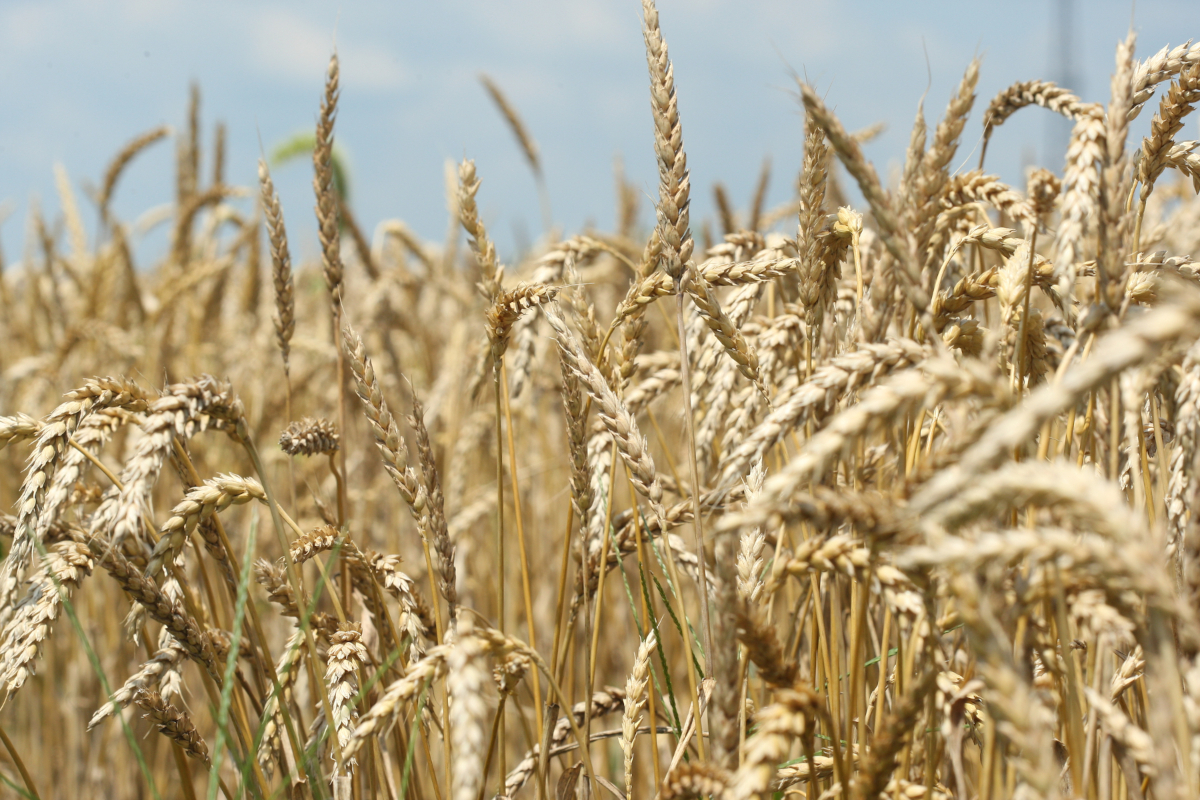What We Do
Wheat is the world’s largest crop by area (218 million hectares - 2018) and is a major crop in the United States.
Research in my laboratory aims to increase total productivity and environmental benefits of wheat by using a combination of classical plant breeding, genetic mapping, and biotechnological methods.
Contact Us
Research Overview
While wheat yields increased substantially into the 1980s, yield gains have slowed over the past three decades. The current annual rate of yield increase in wheat is about 0.9% globally. This rate is insufficient to achieve the doubling of wheat yields needed by 2050, to feed a burgeoning world population. Soft red winter wheat is planted on approximately six million acres of the eastern United States and produces nearly 320 million bushels of grain for domestic consumption and international export.
Research in my laboratory uses classical breeding and genome-wide marker technology to genetically dissect and deploy critical agronomic traits. The advent of high-density markers and advanced statistical methods has paved the way to identify genetic loci that control agronomic traits by using genome-wide association studies (GWAS) and capture the effect of minor genes that are hard to be deployed by marker-assisted selection (MAS), via genomic selection (GS). Our genome-wide projects at Purdue University involved historical, local, and regional elite soft red winter (SRW) wheat populations, each comprising hundreds of individuals. In collaboration with the USDA-ARS, we genotyped these populations using the genotyping-by-sequencing (GBS) method. These resources allowed us to explore the genetics of traits underlying grain yield components such as the tiller number, grain number per spike, grain number per unit area, and kernel weight, and plant height.
Breeding strategies are specific to the target regions where plants are to be grown. Fusarium head blight disease is prevalent in the eastern region of the US and negatively affects grain yield and end-use quality. The US Wheat and Barley Scab Initiative financially support our breeding research.


